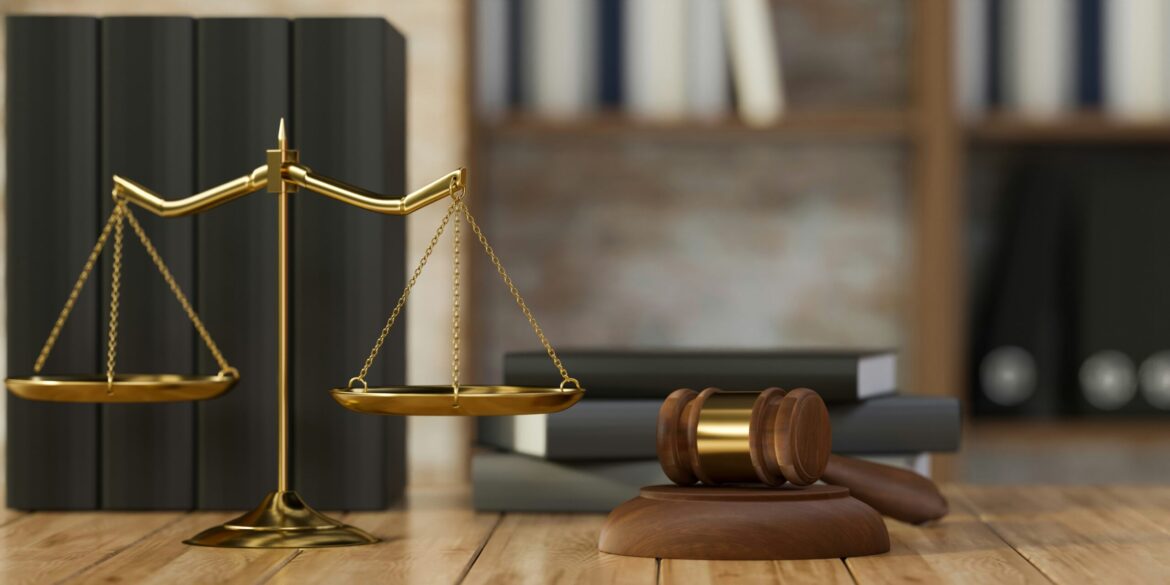U.S. District Court for the Northern District of California delivered a significant ruling against TechNova Inc., a leading technology company, in a high-profile privacy class action lawsuit. The court found that TechNova’s data collection and sharing practices violated federal consumer protection statutes by failing to obtain explicit user consent.
Background of the Case
The lawsuit, filed in late 2023, accused TechNova of collecting sensitive user data—including browsing habits, location information, and biometric identifiers—without proper disclosure or consent. Plaintiffs alleged that TechNova sold this data to third-party advertisers and data brokers, violating privacy rights and consumer protection laws.
The case drew widespread attention due to TechNova’s vast user base and the growing public concern over digital privacy and data misuse.
Court’s Findings and Rationale
Judge Elena K. Roberts ruled that TechNova’s consent mechanisms were insufficient and deceptive, failing to meet the “informed consent” standard required under the California Consumer Privacy Act (CCPA) and the Federal Trade Commission Act.
The court emphasized that TechNova’s practices undermined user autonomy and eroded trust in digital platforms. In the ruling, Judge Roberts stated, “Consumers must have clear, meaningful control over their personal information. Companies cannot exploit ambiguity to harvest data without permission.”
Damages and Remedies
TechNova was ordered to pay $120 million in damages, one of the largest settlements in a privacy class action to date. The judgment also mandates comprehensive reforms to TechNova’s data handling, including enhanced consent protocols, third-party auditing, and transparent privacy disclosures.
Reactions and Industry Impact
Consumer advocacy groups hailed the decision as a landmark victory for digital privacy. “This ruling sends a strong message that companies must respect user rights and operate with transparency,” said Maria Alvarez, Executive Director of Privacy First.
TechNova expressed disappointment and announced intentions to appeal, arguing that their practices complied with existing regulations.
Privacy experts anticipate the case will influence corporate behavior industry-wide, encouraging stricter data governance and proactive compliance measures.
Broader Regulatory Context
The ruling aligns with increased regulatory scrutiny both in the U.S. and internationally. The European Union’s General Data Protection Regulation (GDPR) and emerging U.S. federal privacy legislation reflect a global shift toward stronger privacy protections.
Corporations are urged to review policies and invest in privacy-by-design frameworks to mitigate legal risks.
Legal and Economic Implications
The decision may inspire a surge in similar class action suits and regulatory investigations targeting technology firms. Legal analysts warn companies of potential liability from ambiguous consent mechanisms and undisclosed data sharing.
Economically, increased compliance costs are expected as firms implement necessary changes. However, improved privacy practices could enhance user trust and long-term business sustainability.
Conclusion
The TechNova privacy ruling marks a pivotal moment in the evolving landscape of digital rights and corporate accountability. It underscores the judiciary’s growing role in enforcing data privacy and highlights the imperative for companies to prioritize consumer protection in an increasingly data-driven world.

